Lakes are a vital part of Canada’s ecosystem, and we’ve certainly got our fair share of them. These lakes range from the Great Lakes, which make up a fifth of the world’s fresh surface water, to the turquoise glacial lakes of Alberta and BC, or the once-glacial Lake Winnipeg.
Not only do lakes give us a place to dip our feet, relax, and capture Instagram-worthy sunsets, they act as drainage for millions of kilometres of land. Because lakes are so important to our planet, our lives can be hugely impacted when they become polluted.
In 2013, Manitoba’s Lake Winnipeg was named the most threatened lake in the world due to high levels of pollution in the water. Algae blooms and invasive zebra mussels have been causing problems for the lake and the marine species that are native to it. Scientists are doing their best to save Lake Winnipeg, with the Lake Winnipeg Foundation at the forefront of the fight.
It’s a complicated problem, and it may feel like a huge one, too, but there are plenty of simple things you can do to help protect lakes in Manitoba, wherever you live. Here are five of them.
1. Make your laundry routine more lake-friendly

When we wash our clothes, they often release tiny particles called microfibers into our waterways. Microfibers in our oceans have been a media focus for some time, but they are abundant in the Great Lakes and other large lakes like Lake Winnipeg, too. Research shows that these particles harm marine life. They can also come full circle and wind up in our food.
Try using a laundry bag like the Guppyfriend washing bag. The bag collects most of the microfibres released in your washing machine and allows you to dispose of them safely. It actually reduces the number of microfibres released from your clothes, extending their lifespan, too!
There are many other ways you can be more planet-friendly when doing laundry, like washing only full loads, washing at colder temperatures, and using liquid laundry soap.
2. Dispose of old medication safely to protect lakes in Manitoba
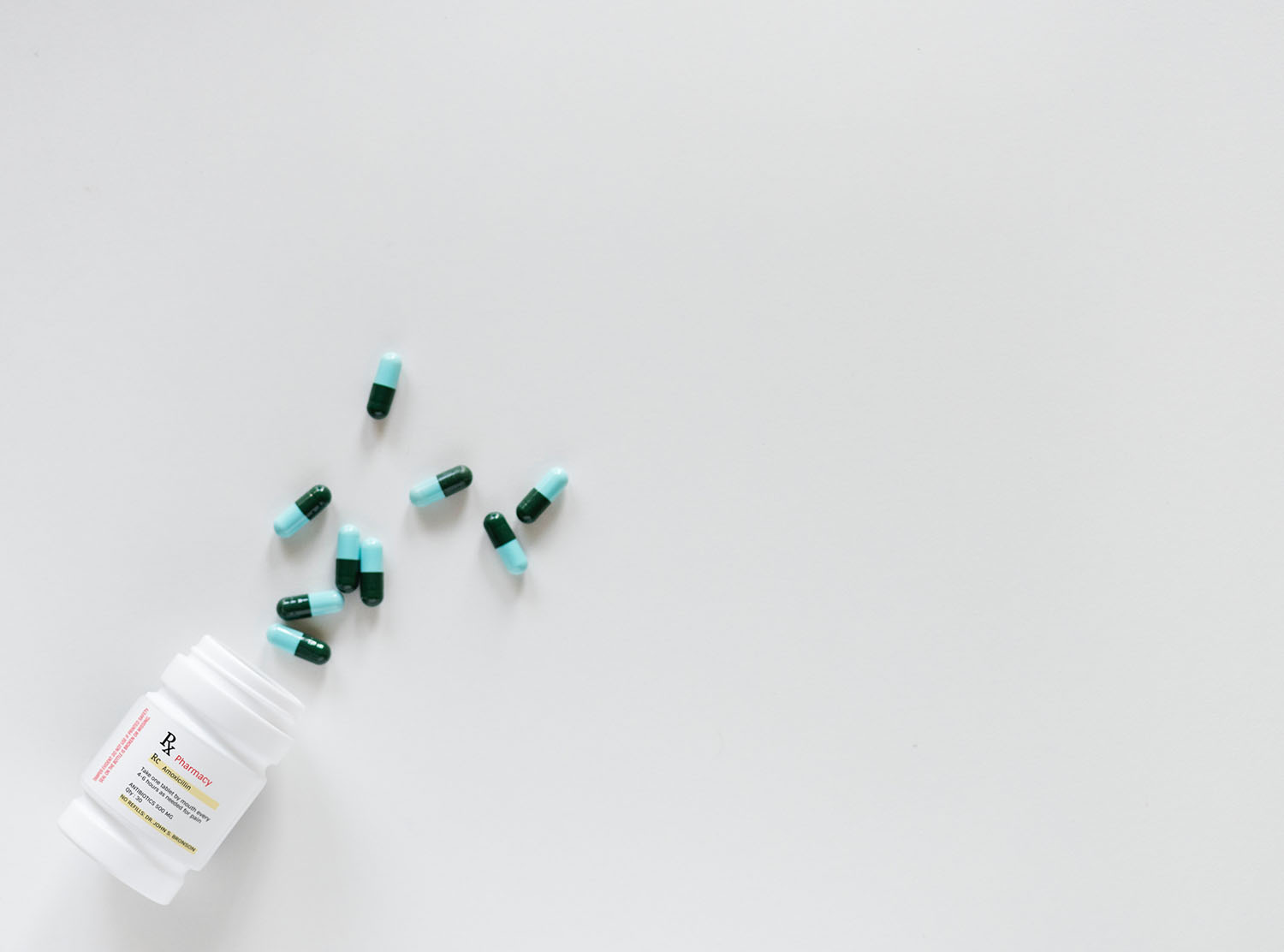
It may be tempting to flush old or unwanted medication to get rid of it easily. However, this can have a negative effect on our waterways. For example, a 2014 study of Canadian lakes showed that even small levels of estrogen in the water led to a significant decrease in fish populations! Trace amounts of medicine can also end up in the water after they’ve passed through our bodies. Many water treatment plants aren’t equipped to strip them from the water, either. This means it’s vital that we don’t flush them and add to these levels.
Find out how to properly dispose of your unwanted medication on the Health Products Stewardship Association of Canada’s website. Usually, the best option is simply returning the medication to the pharmacy where you picked it up.
3. Create a native plant paradise in your garden
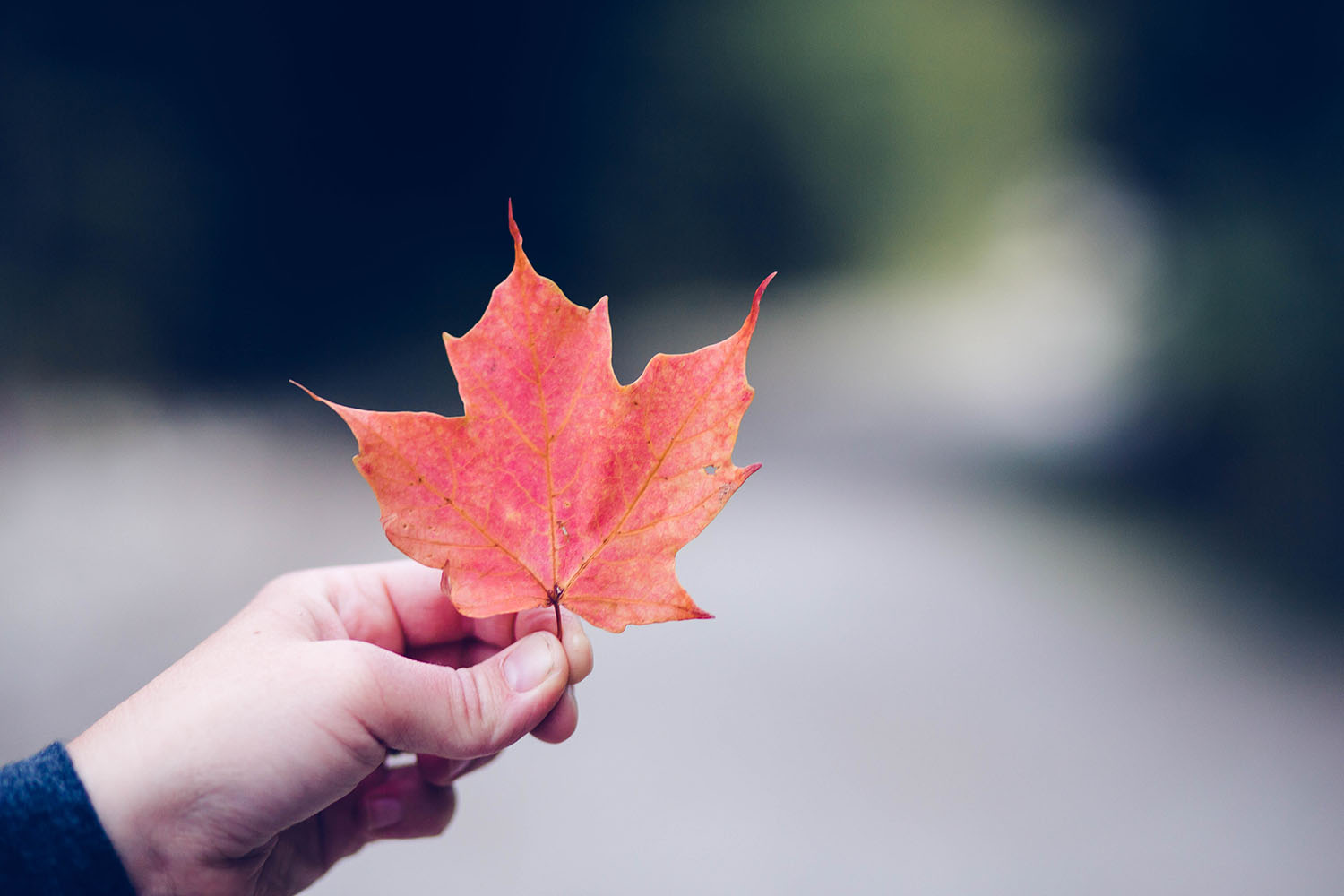
There are so many reasons why it’s a great idea to plant and protect native plants in your garden and community. Native trees like oaks and maples live for a long time and are great at storing carbon dioxide, while native wetland plants protect against erosion and seasonal flooding.
Native plants and grasses also grow more easily, meaning they don’t require fertilizers. This is great news for the environment as using fertilizers can be detrimental to our lake water. This is because they contain phosphorous that eventually drains from our lawns into lakes.
Learn more about native gardening here and check out this list of native prairie plants in Western Canada.
4. Contribute to citizen science projects
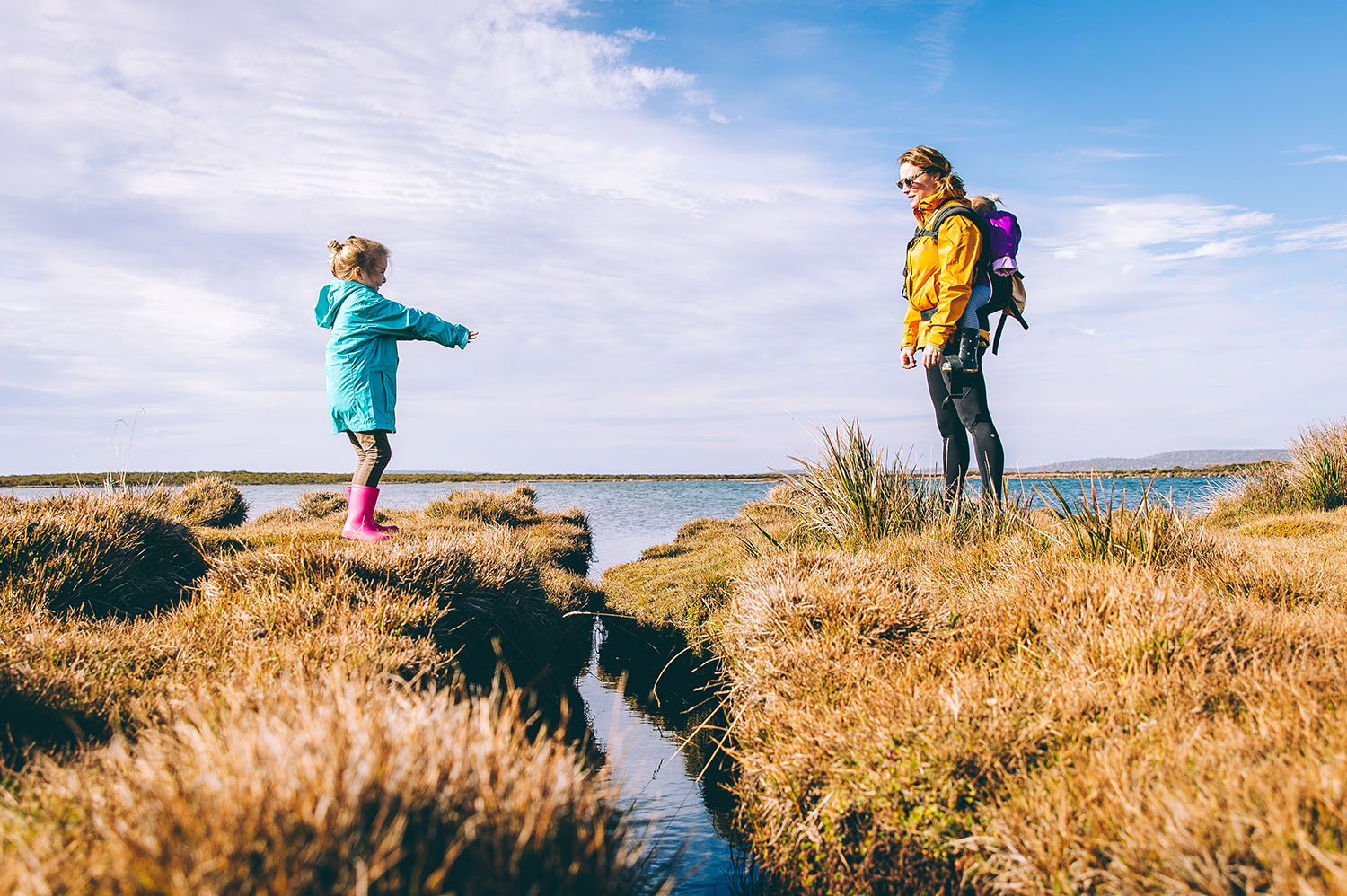
Knowledge is power, and when it comes to protecting a vast body of water, power comes in numbers. The Lake Winnipeg Foundation needs people to help monitor water quality as part of their citizen science research project.
Volunteers monitor phosphorous levels in the water to understand how the lake and its contents are changing. Then, strategies can be set to make a difference. It’s a great opportunity to teach kids about the impact our behaviours have on the planet and the importance of lakes and waterways. Find out how to get involved here.
5. Recycle your leftover paint to keep it out of waterways

Got paint leftover from a recent home project? When you recycle it through our program, you reduce landfill waste and ensure it won’t seep into our waterways through unsafe disposal. A single drop of oil contaminates a million drops of water and as you can imagine, paint isn’t great for drinking water either. Never pour your paint, pesticides or other household chemicals down the drain. Recycle them if possible, or learn how to safely dispose of them. If you live in Canada, you can use our program to recycle your leftover paint at a local recycling location near you.
Our paint reuse program also lets others pick up your unwanted paint for free. It’s a great way to reduce waste and over-consumption and ultimately protect lakes in Manitoba, too!
Do you live by or have you visited one of Canada’s thousands of beautiful lakes? Share your pictures with us on Facebook, Twitter and Instagram!
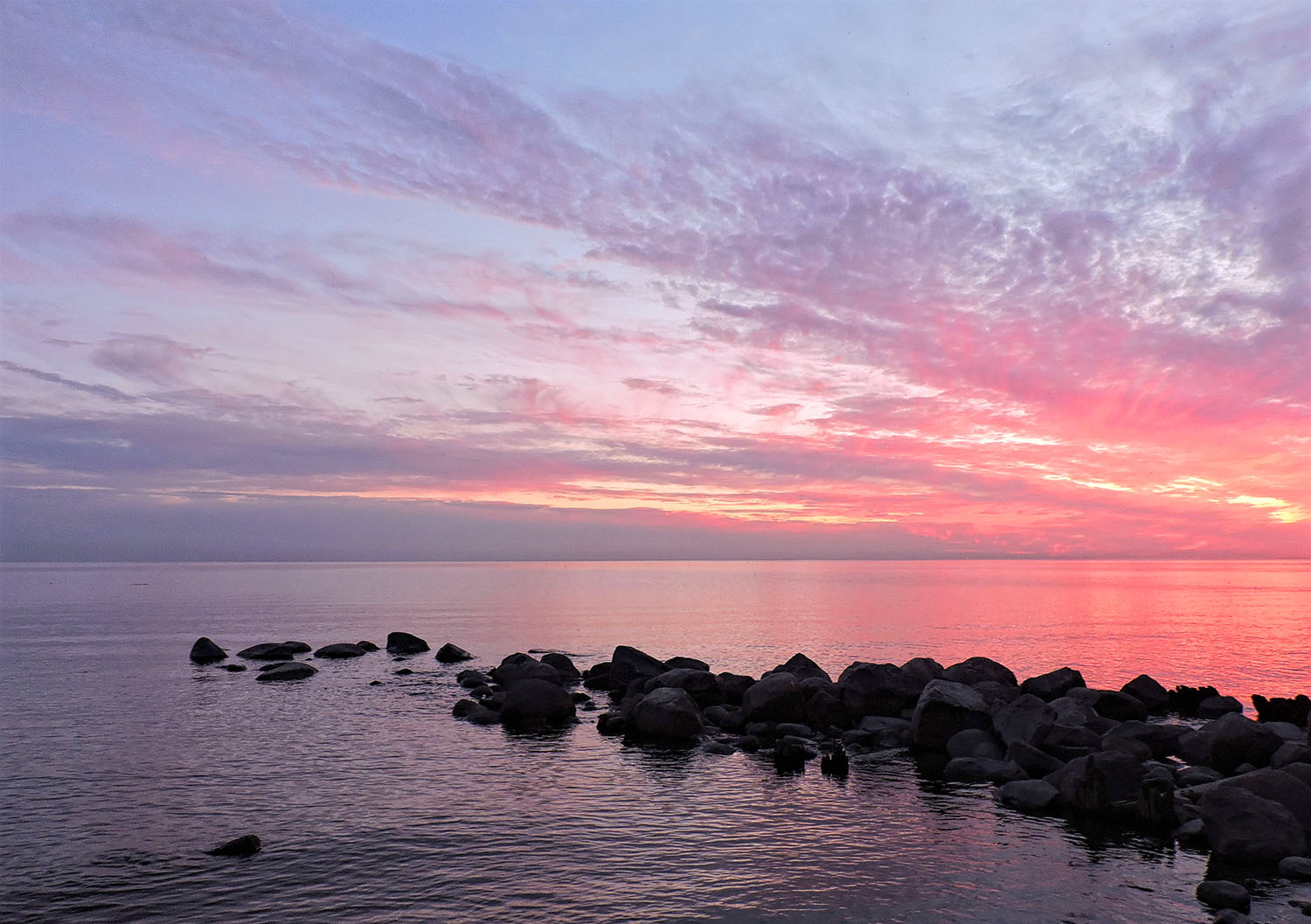
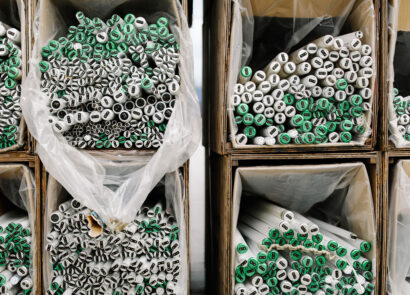
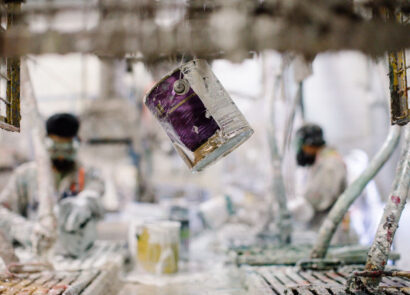

Comments